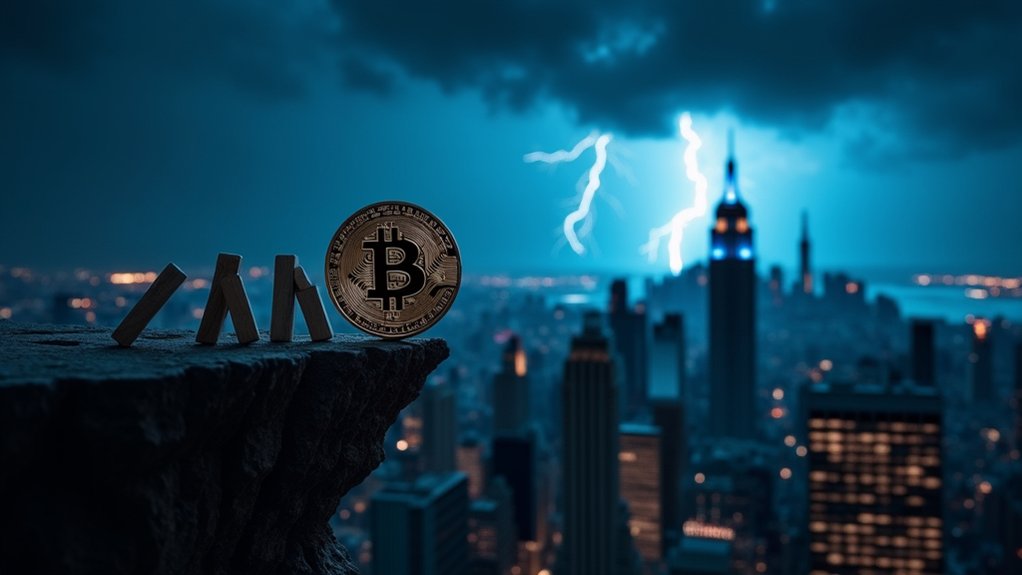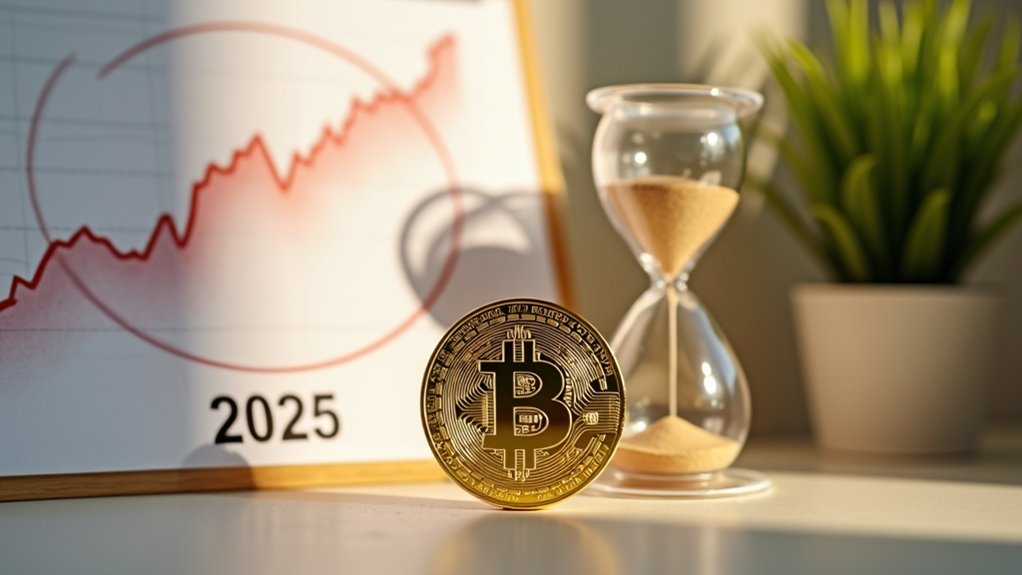The ECB isn’t mincing words. They’re warning that this deregulation frenzy could plant the seeds of the next financial crisis. Lovely.
Bitcoin’s volatility hit a stomach-churning 100% in November 2022. For perspective, that’s like your house being worth $500,000 one day and $1 million—or nothing—the next. Ethereum wasn’t far behind with 107% annualized volatility in 2021. Stable investments, these are not.
What makes crypto particularly dangerous is its growing entanglement with traditional finance. Banks are dipping their toes in the crypto pond. Stablecoins are backed by regular currencies. It’s like watching teenagers play with matches next to a gas station.
Then there’s leveraged trading. People are taking out loans to buy crypto. When prices tank—and they will—these borrowers are stuck owing more than their digital assets are worth. Forced selling follows. Markets crash. Rinse and repeat, but bigger each time.
Leveraged crypto bets are financial time bombs ticking louder every day.
Remember 2008? Before that collapse, experts warned about the subprime mortgage industry too. Nobody listened. Fast forward to 2023, and we’ve already seen Signature Bank collapse from crypto-related withdrawals. Silicon Valley Bank’s failure was linked to stablecoin vulnerabilities.
Regulating crypto is like trying to nail jello to a wall. Many companies operate from regulatory havens. Decentralized exchanges laugh at traditional oversight. For individual investors, using hardware wallets rather than exchanges could mitigate personal risk in case of market collapse. And now there’s pressure to match US deregulation globally to stay competitive. Despite the concerns, historical data shows that Bitcoin’s volatility has actually decreased over time, suggesting some maturation of the market. The absence of standardized reporting makes effective monitoring of these risks nearly impossible for regulators.
History doesn’t repeat, but it sure does rhyme. When the ECB uses phrases like “horrendous financial debacle” about our current path, maybe—just maybe—we should pay attention this time.





